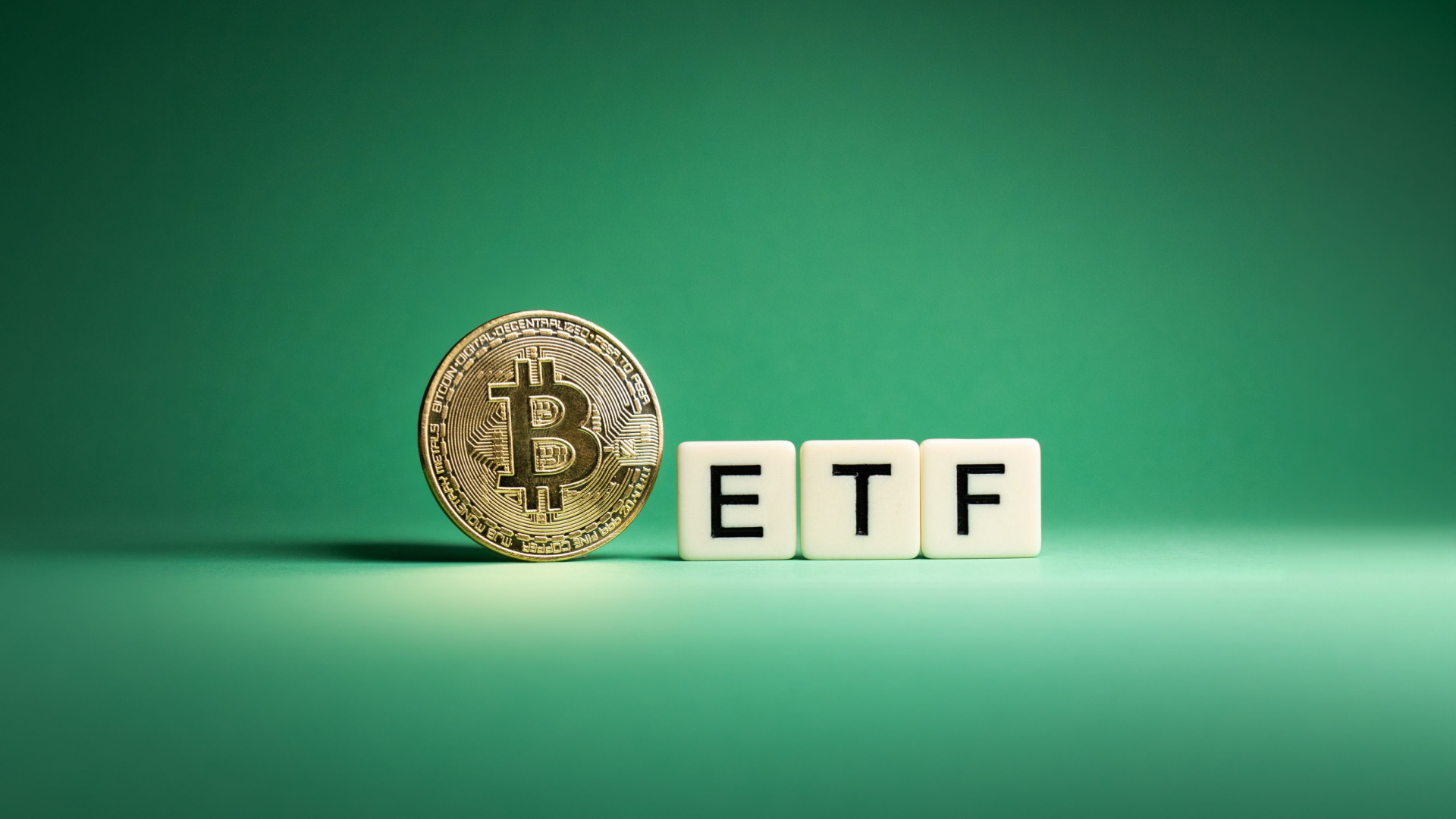On January 10, 2024, the SEC has approved the first-ever spot Bitcoin ETFs, which will allow investors to gain direct exposure to Bitcoin. This move is expected to unlock unprecedented opportunities for both institutional and retail investors, offering a more accessible and regulated avenue for participating in the burgeoning Bitcoin market.
Importance and Impact on the Market
The SEC’s decision to approve the first-ever spot Bitcoin ETFs is a significant milestone for the cryptocurrency industry. The approval of these ETFs is expected to unlock unprecedented opportunities for both institutional and retail investors, offering a more accessible and regulated avenue for participating in the burgeoning Bitcoin market.
The introduction of spot Bitcoin ETFs in the United States is expected to catalyze a surge in institutional capital inflow into Bitcoin, potentially fueling BTC’s value to new all-time highs and solidifying its position as a legitimate asset class. The approval of these ETFs is also expected to increase the adoption of Bitcoin by traditional financial institutions, which have been hesitant to invest in the cryptocurrency due to regulatory uncertainty.

SEC’s Obstinacy on Bitcoin ETFs
The SEC has resisted approving Bitcoin ETFs for over a decade, citing concerns over extreme volatility in Bitcoin prices and potential risks for investors. However, the approval of these ETFs signifies a significant shift in regulatory stance towards embracing Bitcoin, signaling increased acceptance and recognition of it within the traditional financial realm.
In conclusion, the SEC’s approval of the first spot Bitcoin ETFs is a significant development for the cryptocurrency industry. The introduction of these ETFs is expected to unlock unprecedented opportunities for both institutional and retail investors, offering a more accessible and regulated avenue for participating in the burgeoning Bitcoin market. The approval of these ETFs signifies a significant shift in regulatory stance towards embracing Bitcoin, signaling increased acceptance and recognition of it within the traditional financial realm.





